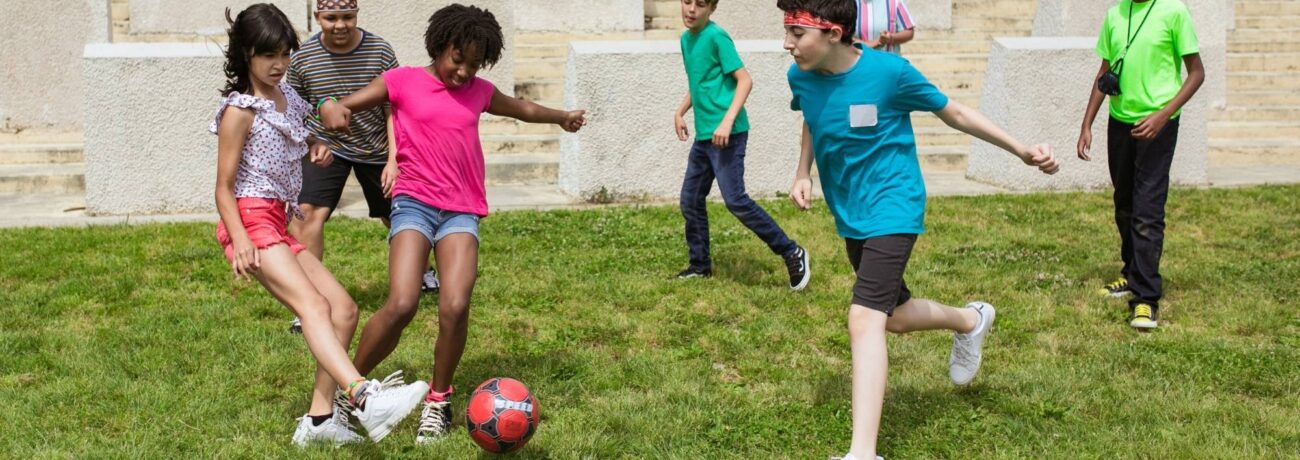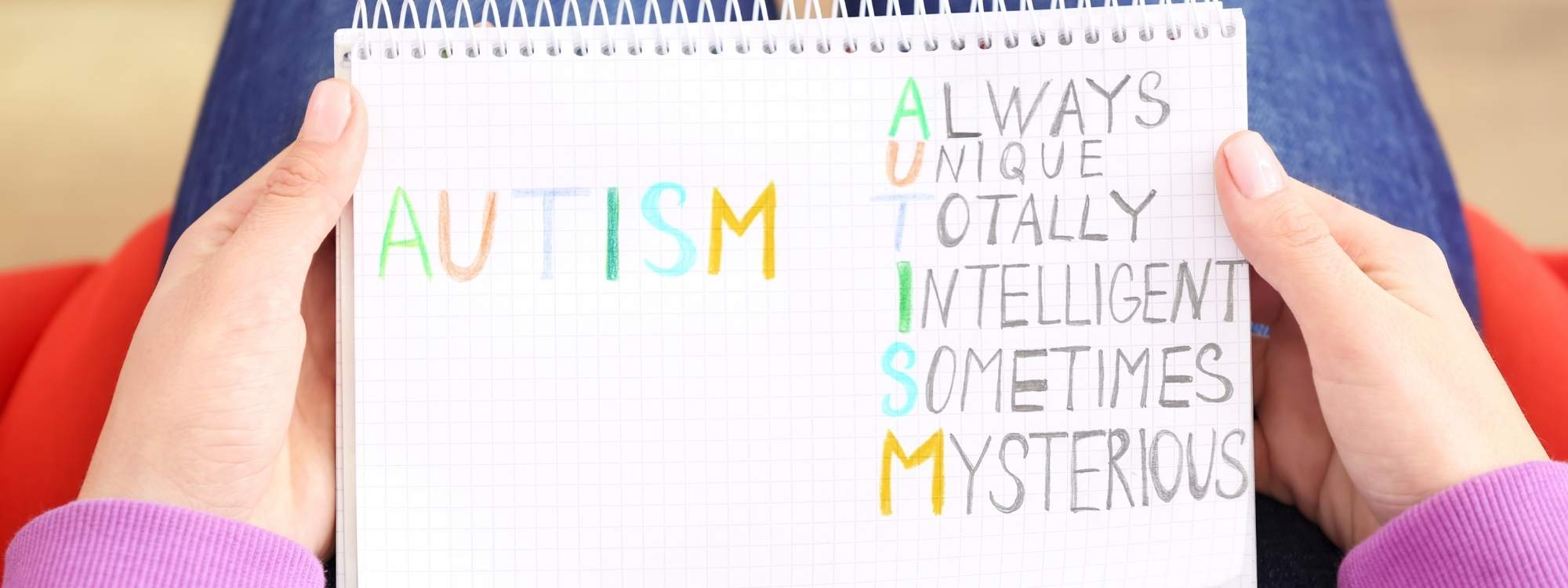Can autistic kids play sports? The answer is not only yes, but engaging in sports can offer significant benefits to autistic children. Sports participation promotes physical fitness, improves motor skills, and enhances social skills, all of which are crucial for the development of autistic children. Moreover, sports can be an excellent way to build self-esteem, help children regulate stress, and encourage social interactions, which are often challenging for children on the autism spectrum.
Autistic kids may face unique challenges when they play sports, especially due to difficulties with social interaction, communication, and sensory sensitivities. However, with the right approach, support, and understanding, sports can become a powerful tool for building skills and boosting overall well-being. Whether it’s individual activities like swimming or team sports like soccer, there’s a way for every child on the spectrum to enjoy and benefit from playing sports.
Benefits of Sports for Autistic Kids
Participating in sports offers autistic kids a range of benefits, beyond just physical activity. From improving motor coordination to enhancing emotional regulation, sports can be life-changing for children on the autism spectrum.
Key Benefits of Sports for Autistic Children:
- Physical Health: Sports can significantly improve motor skills, hand-eye coordination, and overall physical fitness. Regular physical activity helps to strengthen muscles, increase endurance, and maintain a healthy weight.
- Social Skills: Engaging in team sports or even individual activities where children interact with others helps to improve their communication skills, social interactions, and relationship-building abilities. These skills are often areas where autistic children need extra support, and sports provide a natural setting for development.
- Emotional Development: Participation in sports helps build self-confidence and a sense of accomplishment. By achieving goals, children can improve their self-esteem and develop a stronger sense of identity.
- Stress Reduction: Physical activity has been proven to help reduce stress and anxiety. For autistic children who may experience higher levels of anxiety, engaging in sports can be a highly effective way to manage stress and promote overall well-being.
- Life Skills: Through sports, children learn essential life skills such as teamwork, following instructions, dealing with setbacks, and taking turns. These skills are vital for their development both on and off the field.
Choosing the Right Sport for an Autistic Child
When helping autistic kids play sports, it’s crucial to consider their interests, abilities, and sensory needs. Not every sport will be the right fit, so choosing one that matches the child’s preferences and offers a supportive, inclusive environment is key to a positive experience.
Things to Consider:
- Sensory Sensitivities: Some sports may be overwhelming for children who are sensitive to bright lights, loud noises, or crowded environments. Individual sports like swimming or horseback riding may be a better option for children who struggle with sensory overload in team sports.
- Social Skills: If your child enjoys social interaction, team sports like soccer, basketball, or Special Olympics programs can provide opportunities to develop communication skills and form friendships with peers.
- Interest and Engagement: It’s essential to consider your child’s interests and motivations. Some children may enjoy physical activities that involve solitary focus, like martial arts (e.g., karate or taekwondo), while others may thrive in the competitive nature of team sports.
- Support Needs: The level of support your child requires is a crucial factor in determining the best fit. Some sports may require additional assistance, such as one-on-one instruction or modified rules to accommodate sensory needs.
- Fun and Enjoyment: Above all, the sport should be enjoyable for your child. Whether it’s a team sport or individual activity, the goal is for your child to feel engaged and motivated to continue participating.
Understanding Autism Spectrum Disorder (ASD)
Autism Spectrum Disorder (ASD) is a complex neurodevelopmental disorder that affects communication, social interaction, and behavior. The symptoms and severity of ASD vary widely, which is why it’s often referred to as a spectrum.
Key Characteristics of Autism:
- Communication Challenges: Many autistic children struggle with both verbal and nonverbal communication, such as making eye contact, using gestures, and understanding figurative language.
- Social Interaction Difficulties: Understanding social cues, forming friendships, and participating in group activities can be challenging.
- Repetitive Behaviors: Autistic children may engage in repetitive behaviors such as rocking, hand-flapping, or lining up objects.
- Sensory Sensitivities: Autistic children may have heightened or diminished responses to sensory stimuli like sound, light, touch, or taste.
While these challenges may make sports participation more difficult, they also offer opportunities to create tailored environments where children can learn and grow.
Creating a Supportive Environment
A supportive environment is key to ensuring that autistic children can thrive in sports. Coaches, parents, and caregivers must work together to create a positive, inclusive space where children feel safe, supported, and encouraged.
Ways to Create a Supportive Sports Environment:
- Clear Communication: Provide visual aids, clear instructions, and consistent positive feedback to ensure children understand expectations.
- Structure and Routine: Many autistic children thrive in a predictable environment. Establishing a consistent routine for practice times, activities, and games helps reduce anxiety and increase participation.
- Sensory Accommodations: If a child has sensory sensitivities, modifications such as quiet areas during breaks or noise-canceling headphones can help them feel more comfortable.
- Encourage Participation: Ensure that each child has a chance to contribute to the team, whether through individual recognition or teamwork activities.
Famous Athletes with Autism
Numerous athletes with autism have achieved success in their sports, showing that autistic kids can play sports and thrive with the right support. These athletes serve as role models and sources of inspiration, proving that autism is not a barrier to success in athletics.
Examples of Famous Athletes with Autism:
- Dani Bowman: A Special Olympics athlete, Dani has earned multiple gold medals in swimming and is an advocate for autism awareness.
- Matt Savage: Known as the autism ambassador for professional tennis, Matt’s story has inspired many autistic children to pursue sports.
These success stories help raise awareness and promote the inclusion of autistic children in sports at all levels.
Overcoming Challenges in Sports
Autistic children may face unique challenges in sports, but with the right accommodations and a supportive environment, they can overcome these hurdles. Some challenges include sensory overload, difficulty with communication, or social anxiety.
Common Challenges:
- Sensory Issues: Many autistic children are sensitive to bright lights, loud noises, or large crowds. Individual sports or smaller teams may be better suited for children with these sensitivities.
- Social Interaction: Autistic children may struggle with teamwork, making individual sports or structured one-on-one sports an ideal choice.
- Transitioning: Difficulty transitioning from one activity to another is common. Coaches can help by offering predictable schedules and visual supports.
By recognizing and addressing these challenges, parents and coaches can help autistic children develop resilience and perseverance, skills that will benefit them both in sports and in life.
Conclusion
In conclusion, autistic kids can play sports and benefit greatly from the experience. With the right sport, environment, and support, autistic children can improve their motor skills, social interaction, and overall well-being. Whether through individual sports like swimming or team sports like soccer, sports participation provides autistic children with opportunities to develop essential life skills and enhance their self-esteem.
Is your autistic child ready to explore sports? At Champions ABA, we specialize in helping children with autism engage in sports activities that build self-esteem, social skills, and physical fitness. Our team of certified professionals works with parents and coaches to create tailored strategies that fit each child’s unique sensory needs and interests. Whether it’s individual sports like swimming or team sports like basketball, we ensure your child has a positive and rewarding experience. Reach out to us today or visit our website to learn how we can help your child excel in sports and thrive.
FAQs
What sport is best for kids with autism?
The best sport for a child with autism depends on their individual needs, interests, and sensory sensitivities. Swimming, horseback riding, and martial arts are often excellent choices for autistic children because they provide structured, calming activities with less sensory overload.
Can kids with autism have a normal life?
Yes, many children with autism can lead fulfilling lives. With the right support, including social and emotional guidance, autistic children can succeed in education, sports, and relationships.
Can autistic people be good at sports?
Yes, autistic individuals can excel in sports, especially when provided with tailored support and an inclusive environment. Famous athletes with autism, such as Dani Bowman and Matt Savage, have proven that with the right coaching, autistic people can achieve success in sports.
Will my autistic child play sports?
With patience, encouragement, and the right strategies, your autistic child can participate in and enjoy sports. Focus on finding the right sport for their interests and sensory needs to ensure a positive experience.



